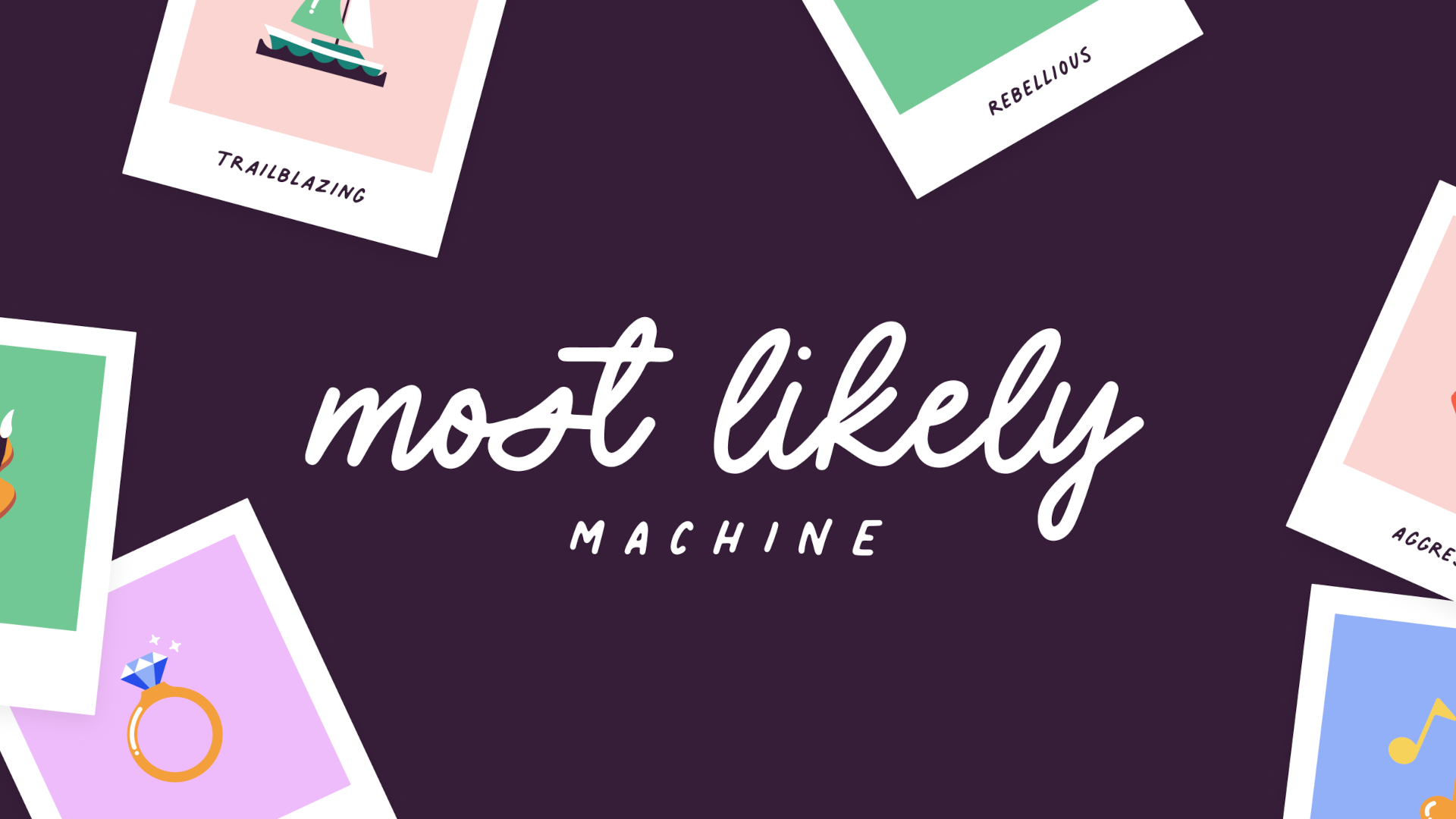The Executive Wiki
Tools and ideas to transform education. Sign up below.
You are now subscribed
Your newsletter sign-up was successful
from Technology & Learning
Wikis can be a multitasking administrators' best friend
The poster child for the Web 2.0 movement, the wiki, demonstrates the spirit of open content more clearly than any other application. Wikipedia, the most famous wiki and the world's largest encyclopedia, defines a wiki as a Web site that "allows visitors to add, remove, edit, and change content." And because Wikipedia is itself a wiki, people can read, click, and edit that article on wikis—or any other article on the site, for that matter. Even though it's a controversial information resource (if anyone can manipulate content, something incorrect is bound to be included), the unique value of this and any wiki-based Web document is that the usefulness of the content comes from that community of contributors. It's an information source that respects its community of readers. It is, in essence, a conversation.
Certainly, a wiki is not a hammer that will drive any nail. They are not as good for publishing as blogs, nor are wikis the powerful idea-developing tool that discussion boards can be. Wikis are, however, the perfect tool for people who need to collaboratively develop and maintain useful documents. Many teachers have adopted wikis to provide their students with opportunities for collaborating in conducting research, processing what they learn, and expressing their findings to wider audiences. Some classrooms are even following the Wikipedia model and establishing student-produced digital classroom dictionaries.
Administrators are also realizing the benefits of this tool in helping them manage their schools, districts, and larger associations, utilizing what are emerging as three unique advantages of wikis as information tools:
- The practical: Wikis allow for community collaboration
- The political: Wikis democratize Web participation
- The timely: Wikis provide the most up-to-date content
Tools and ideas to transform education. Sign up below.
